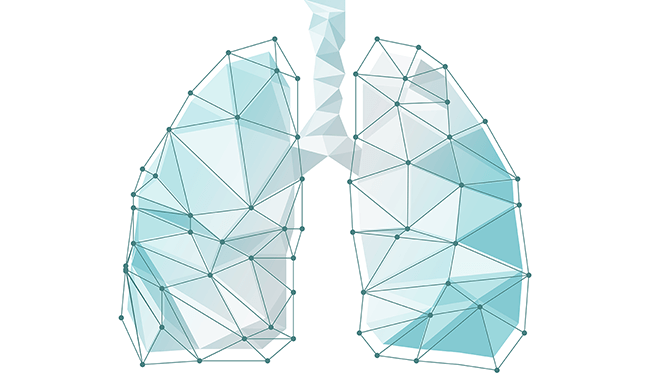One interesting and promising concept to explore when it comes to reinforcing strength and endurance in inspiratory muscles is something known as inspiratory muscle training. Inspiratory muscle training (IMT) has been tested to determine whether it can play a significant part in improving functional capacity, circulatory power, oscillatory ventilation, kinetics of oxygen consumption in the recovery period, and quality of life in patients with CHF and inspiratory muscle weakness. Let’s take a look at the study below.
Key Findings
- Low respiratory muscle strength and endurance lead to exercise intolerance, dyspnea and fatigue in people with congestive heart failure (CHF).
- 12 weeks of RMT improved respiratory muscle strength, dyspnea, quality of life and exercise capacity.
- RMT also led to clinically relevant increases in peak oxygen uptake.
Patient Impact
RMT leads to clinically relevant improvements in ventilatory and respiratory function, exercise capacity and quality of life in people with CHF.
Study Methods
The following were assessed in the study over a period of 12 weeks:
Study Results
IMT resulted in increased PImax as well as in a 17% increase in peak oxygen uptake, and a 19% increase in the 6-min walk distance. It also led to a significant improvement in QOL and perceived dyspnea when compared to the control group.
In conclusion, IMT results in clinically relevant improvements in inspiratory muscle strength, respiratory and ventilatory function, exercise capacity, dyspnea and quality of life in patients with CHF and inspiratory muscle weakness.

The VA provided my Breather. I am excited because I can feel the benefit of this device already. The online tutorials for correct usage, of the Breather, were invaluable.
That is great to know Larry!